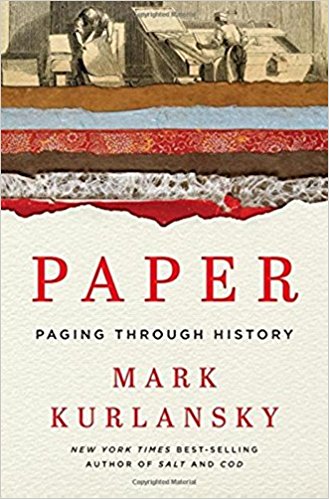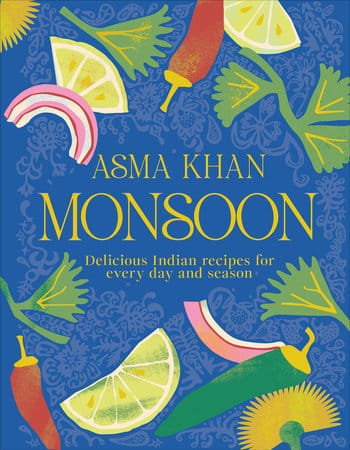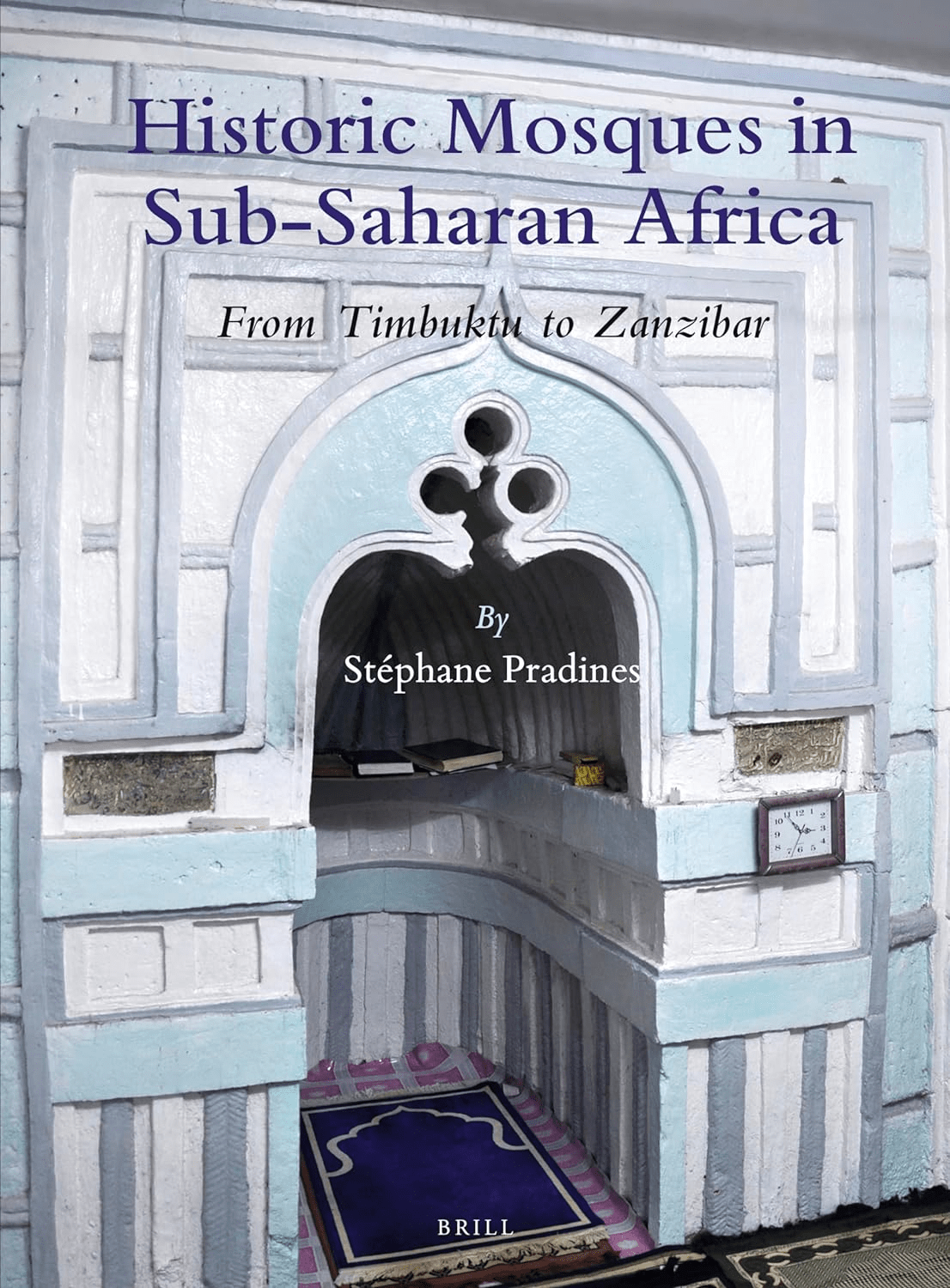
Paper: Paging Through History
Tom Verde
Mark Kurlansky
2016, W. W. Norton, 978-0-39323-961-4, $27.95 hb.
Before the rise of Islam in the seventh century Arabs “had little need for writing material,” writes Kurlansky. Subsequently, “more and more copies of the Holy Book were needed, and each copy had to be made with painstaking accuracy” in beautiful script: “the origin of Arab calligraphy.”
Kurlansky focuses on the importance of paper to scientists, translators and authors of mathematical and medical treatises, and also dwells engagingly on the role paper played in the culinary arts. In addition, he offers colorful details, such as the creation of the first airmail stationary: “special light, thin paper … made for messages sent by carrier pigeon.” This volume offers readers a wealth of information on a material sometimes taken for granted, but which played an enormous role in world history.
Kurlansky focuses on the importance of paper to scientists, translators and authors of mathematical and medical treatises, and also dwells engagingly on the role paper played in the culinary arts. In addition, he offers colorful details, such as the creation of the first airmail stationary: “special light, thin paper … made for messages sent by carrier pigeon.” This volume offers readers a wealth of information on a material sometimes taken for granted, but which played an enormous role in world history.
You may also be interested in...

Asma Khan’s Monsoon Cookbook Reclaims Taste of Home—Our Book Review
Known for her all-female kitchen at London’s Darjeeling Express, Asma Khan transforms her new cookbook into a memoir, steeped in nostalgia.
Historic Mosques in Sub-Saharan Africa
From Mali to Tanzania, historian Stéphane Pradines traces a thousand years of Islamic architecture that forces us to rethink what we know about Africa’s past.